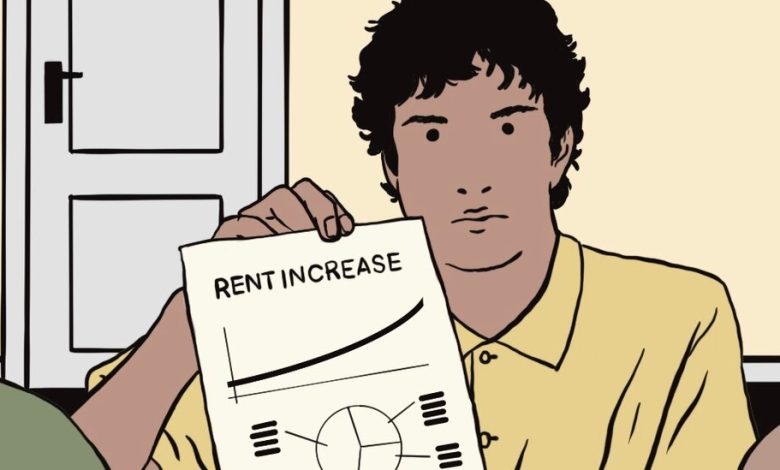How Do I Evict My Roommates?

Q: I lease a three-bedroom market-rate apartment in Brooklyn. I rent out two of the bedrooms, but the situation with my roommates is deteriorating for personal and financial reasons. The rent I charge them is way below market rate, and I’ll have to raise it significantly or ask the occupants to leave. I don’t have a written agreement with them. My lease doesn’t permit me to rent out the other rooms, and my landlord is unaware of this situation. What recourse do I have if the occupants refuse to pay the increase, or refuse to leave?
A: Despite the fact that your arrangement is off the books, you are essentially the landlord to these roommates. And they have legal rights. You cannot evict them on your own — that is, try to lock them out or discard their possessions — without creating legal liability for yourself.
“You now have all of the problems that your landlord, and every other landlord in New York City right now, has with a housing court system that is very, very slow moving,” said Michelle Itkowitz, lawyer and host of the Tenant Law Podcast.
State law requires that notice be served to your roommates if you intend to terminate their tenancy — between 30 and 90 days, depending upon how long they have lived there.
You can start an eviction in court, known as a holdover proceeding, but it could make your living situation very uncomfortable. In addition to the breakdown of any relationship you may have with your roommates, they will likely stop paying altogether if you try to evict them. You’ll likely need a lawyer to proceed, because housing court has exacting standards for landlords when it comes to evictions. Besides being costly, it could also take up to a year.
“It’s not practical to sue to evict if it’s going to take a long time and you’ll be out a lot of money,” said Steven Ben Gordon, a tenant lawyer in Queens.
If you don’t want to hire a lawyer, New York City Housing Court has a do-it-yourself roommate eviction petition that you can print, serve and file at the courthouse.
The state’s “roommate law” says that if there is only one tenant named on the lease, they are permitted to have one roommate, but not two or more. If you’re in breach of your own lease, you could face eviction, though most landlords won’t bother as long as they’re getting the rent on time.
“Moral of the story: Try to work it out,” said Samuel J. Himmelstein, a tenant lawyer in Manhattan.
For weekly email updates on residential real estate news, sign up here.



